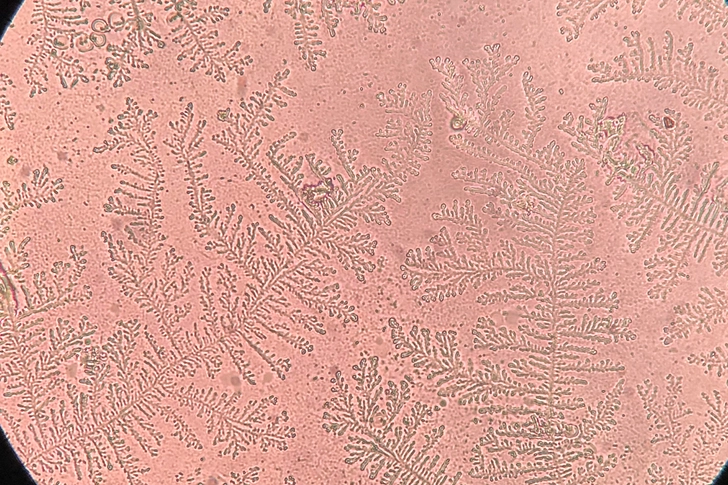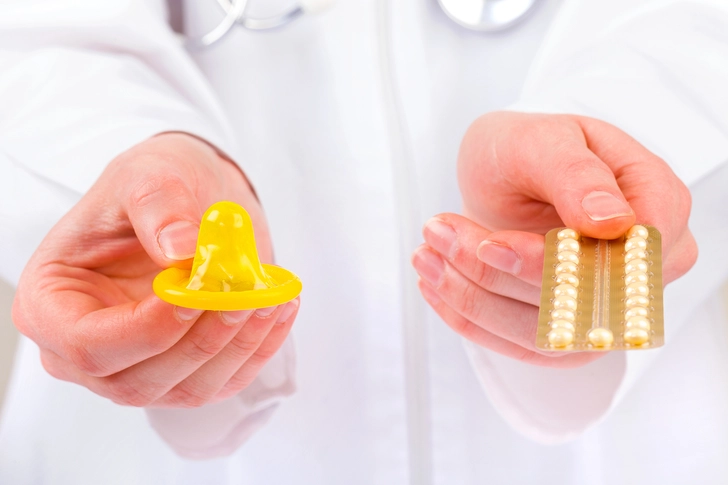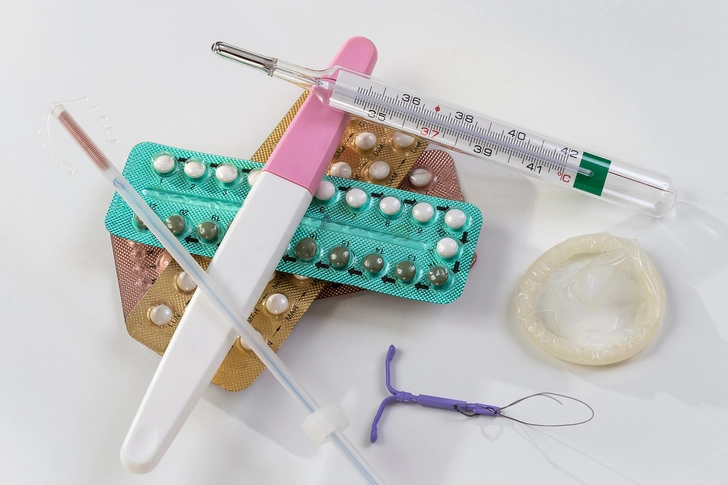- Overview
- Types
- Hormonal Methods
- Barrier Methods
- Behavioral Methods
- Medical Methods
- Male Birth Control
- Emergency Contraception
- Side Effects & Complications
- View Full Guide
What is the Minipill?


What Is the Minipill?
The minipill is a progestin-only birth control option. Unlike combination pills, it contains only progestin, a synthetic form of the hormone progesterone. This makes it a good choice for if you need to avoid estrogen.

How the Minipill Works
The minipill primarily works by thickening the cervical mucus and thinning the uterine lining. These changes make it hard for sperm to reach the egg.

Who Should Consider the Minipill?
Your doctor may recommend the minipill if you are breastfeeding, or are over 35 and smoke, have high blood pressure, or have a history of blood clots. You may want to try the minipill if estrogen interacts with your other medication, gives you headaches, or causes stomach problems.

Who Should Avoid the Minipill?
The minipill isn't right for everyone. Your doctor may suggest you avoid it if you have had breast cancer or liver disease, had weight loss surgery, or have uterine bleeding and don't know why. It may not be a good choice if you have trouble taking the pill at the same time every day.

No STI Protection
Just like other birth control pills, the minipill does not protect against sexually transmitted infections (STIs). Use a condom along with the minipill to prevent STIs.

Other Birth Control Methods
You have many choices for birth control methods besides the minipill. These include hormonal methods like patches and injections, barrier methods like condoms and diaphragms, and behavioral methods such as fertility awareness.
Photo Credits:
1) SeventyFour/Shutterstock
2) Medtech THAI STUDIO LAB 2/Shutterstock
3) Pixel-Shot/Shutterstock
4) megaflopp/Shutterstock
5) Shutterstock
6) JPC-PROD/Shutterstock
SOURCES:
Mayo Clinic: “Minipill (Progestin-Only Birth Control Pill), ”Birth Control," "Choosing a Birth Control Pill."
American Academy of Family Physicians: “Progestin-Only Birth Control Pills.”
Cleveland Clinic: “Birth Control: The Pill," "Minipill."
Center for Young Women’s Health: “Progestin-Only Oral Contraceptive Pill (POP) or Mini-pill.”
Healthy Women: “Mini-pill (progestin only).”
Nemours Children's Health: "Birth Control Pill."
Canadian Family Physician: "Half a Century of the Oral Contraceptive Pill."